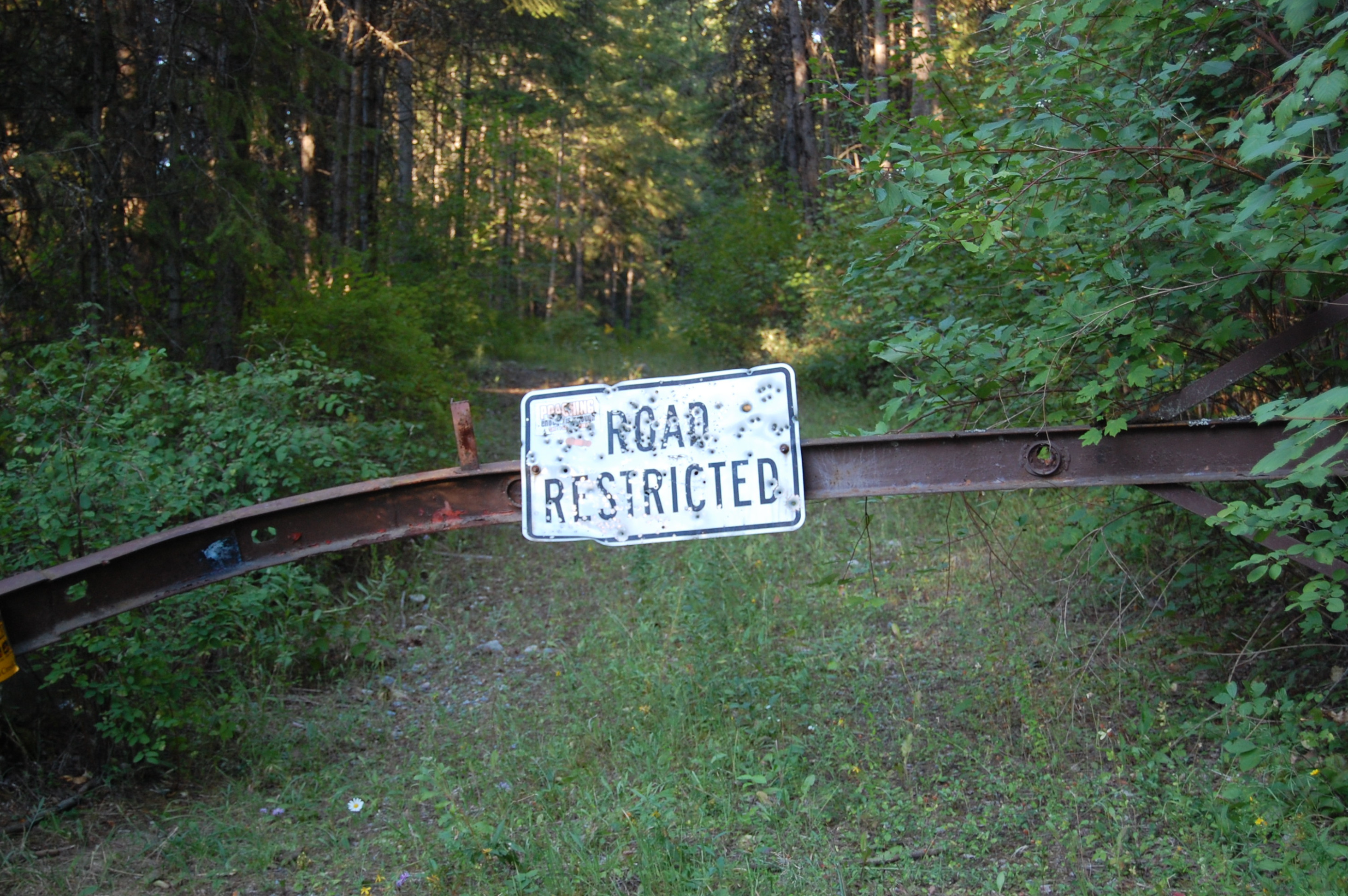
I grew up in the woods and backroads of Western Montana and moved to the city after graduating from college, the first person in my family to attend university. Growing up, I often felt different from my friends and family, a bit misunderstood, a bit shut down. Toughness was a virtue in my home town, but I was a bookworm and a crybaby. I liked to huddle inside next to the radiator, lost in storybooks, while friends flocked to the mountainsides to ski, sled, and revel in the rush of winter.
My classmates followed favorite teams and brandished cleats and colors, but sports to me meant black eyes and bullies pressing down on me. Sports meant running so hard I split my sides, meant another hard ball hurler missing the aim and hitting me instead.
I sought escape by internal routes, preferably involving secret rooms and fanciful settings. I found my place among the hunters and fishers in my clan. The one time I shot a gun was more than enough for me. The kickback hurt, and I took no joy in striking the can, much less an animal. Fishing was all well and good, except for stringing the worm, the poor little worm, and the hook in the lip of the fish. You tell me it doesn’t hurt; I can see from its wiggle it’d rather be anywhere else but here. The carcasses of the lovely deer hanging upside down from the ceiling of the garage, awaiting Dad the Butcher. He’d always offer to take my picture with the deer, strung up by its hindquarters, and I’d say no, close to tears because the dead deer made me feel so bad.
And yet: I’m looking forward to the venison stew I’ll make for supper, opening the vacuum packet of roast drawn, quartered, and packaged by my sister, the huntress I will never be. Does that make me a hypocrite or just multi-faceted? Home made its mark on me. I know where I have been and what makes sense to me.
In Seattle I found a home where outsiders were welcome, or at least left alone. But my country roots spur reactions more complex than simple “yays” or “nays.” I see many sides to the complicated issues, the beliefs and actions that bind and divide us.
I know why the miners still want to mine, even despite the killer dust, and why the grizzly bears and eagles rank lower on their list of who or what should survive. The groundwater is so poisoned that wells are no longer allowed in the city limits of my adopted hometown, but industry is welcome, if it means people can go back to work again.
People need to eat, first and foremost. It’s not so hard to understand why the downsides are downplayed or ignored in the interest of keeping the family fed. Logging and mining are two generations gone but still central to the town’s 100-plus-year identity. It isn’t so hard to understand the reluctance to change, inevitable as change must be. Will industry revive in this rugged corner of the nation or a new way of life emerge to sustain it? Swift change come suddenly means we may soon discover, but if past trends hold true, the community may well again be bypassed, asked to pay with their health and livelihood and again forgotten. A dose of change might not be the worst burden the town has been made to bear.
I see it, I feel it, I understand it. But I’m now and will always be an unabashed tree hugger. Is there room for someone like me to feel at home here, or am I the problem more than the solution? Or couldn’t we all just be?
Above: Road Restricted, near Libby, Montana.